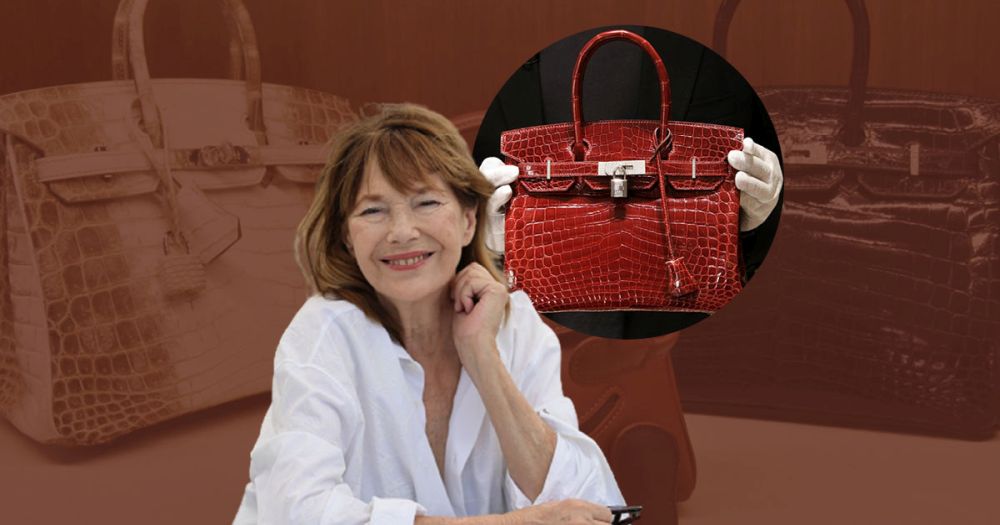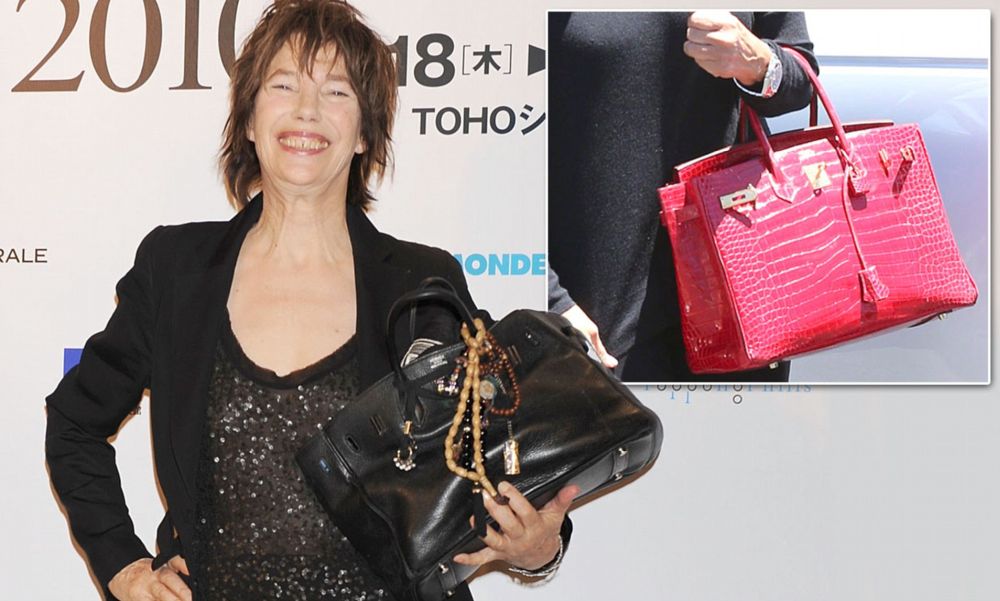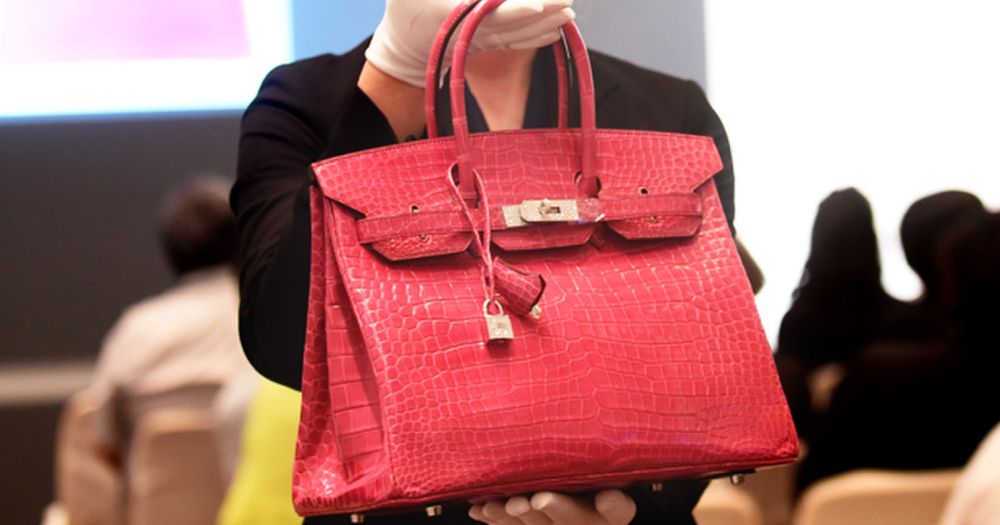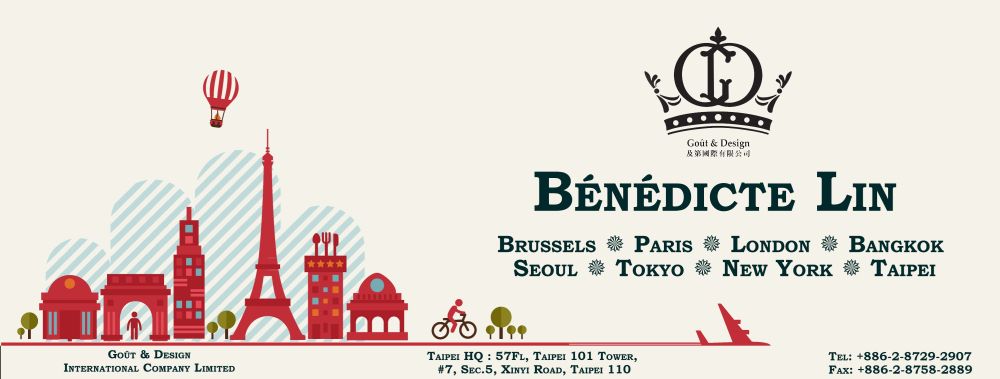Unveiling the allure and controversy surrounding Hermès Birkin handbags, these iconic symbols of luxury have become focal points of legal scrutiny in recent proceedings in California. Allegations of monopolistic practices have emerged, with dissatisfied customers challenging Hermès’ distribution tactics for Birkin bags. The contentious issue revolves around claims of anticompetitive behavior, sparking debate among legal experts about the complexities of proving such allegations. This ongoing legal battle raises questions about the intersection of luxury branding, legality, and consumer rights.

Hermès Birkin handbags, synonymous with luxury and exclusivity, have long been revered as status symbols in the world of fashion. However, recent legal proceedings initiated by dissatisfied customers in California have brought allegations of monopolistic practices against the esteemed fashion house to the forefront. These customers argue that Hermès’ distribution tactics for Birkin handbags breach antitrust legislation, citing a requirement to purchase additional Hermès merchandise before being allowed to acquire a coveted Birkin bag.

Under United States law, monopolies are prohibited from employing tie-in sales tactics to reinforce their presence in markets where they lack dominance. The plaintiffs contend that Hermès’ alleged tying arrangements not only hinder competition but also contribute to inflated Birkin prices, thereby boosting the company’s profits derived from these iconic accessories. Despite attempts to elicit a response from Hermès, the luxury brand has chosen to remain silent, leaving the legal controversy to unfold without public commentary from its end.

Legal experts weigh in on the uphill battle faced by the plaintiffs in substantiating their claims against Hermès. Christine Bartholomew, a distinguished professor at the University at Buffalo School of Law, acknowledges the complexities involved in proving both Hermès’ monopoly status and the existence of tie-in practices. Conversely, John Mark Newman, a seasoned legal scholar from the University of Miami School of Law, expresses skepticism regarding the plaintiffs’ ability to demonstrate Hermès’ monopolistic tendencies. Regardless of the lawsuit’s outcome, it has shed light on a contentious issue that may impact Hermès’ reputation among discerning consumers, prompting reflection on the intersection of luxury, legality, and consumer perception.

